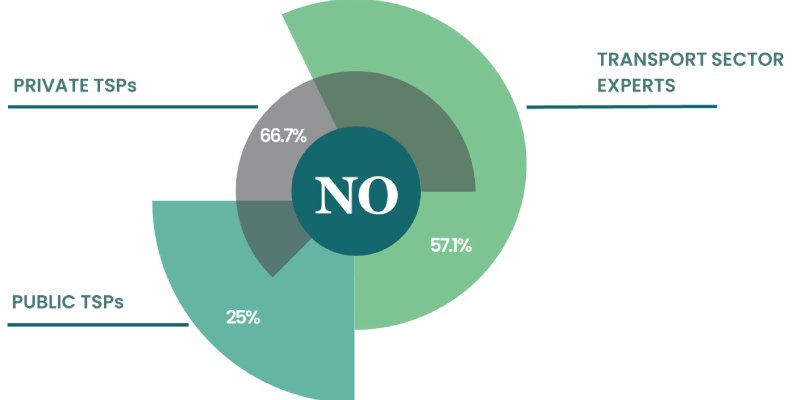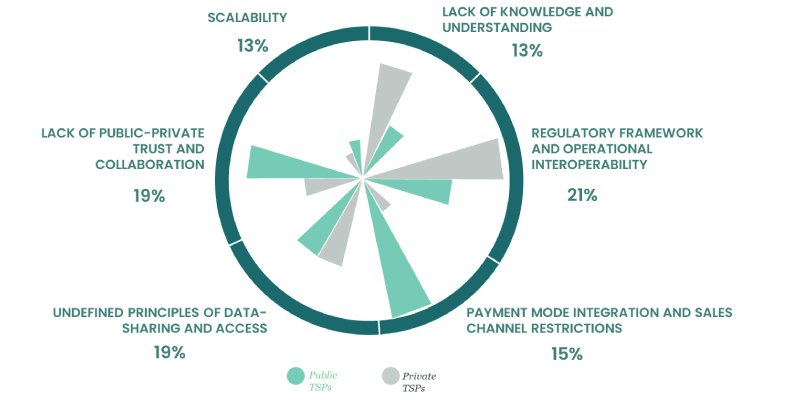MaaS promises to change the urban mobility landscape by changing the way people used to travel, although the prospect of implementing such solutions heavily depends upon the readiness of Indian cities., writes Narendra Verma, Technical Advisor, Sustainable Urban Mobility – Air Quality, Climate Action and Accessibility, GIZ India

As we know it today, Mobility as a Service provides access to integrated journey options across different transport modes in a city using a single travel booking and payment platform to its users. With multimodal transport system in the city, MaaS provides commuters with seamless travel options, ascertaining a comfortable journey. The key aspect that enables this solution is the data sharing between different modes and service providers.
A stakeholder consultation conducted as part of a recent study by GIZ supported
SMART SUT project provides collective insights and perspectives of key stakeholders towards implementation of MaaS in Indian context. It compiles findings from three different stakeholder consultations organized with –
- Research, Think Tanks and Policy Experts (Transport Sector Experts)
- Private Transport Service Providers (Private TSPs)
- City Authorities and Public Transport Service Providers (Public TSPs)
Following are some of the key findings from the consultation –

Readiness of Indian cities towards MaaS Implementation
Almost 57.1 % of the transport sector experts believe that Indian cities are currently not prepared for MaaS which is further corroborated by 66.7 % of private transport service providers who also share the same opinion.
Among the public TSPs, only 25% of the public TSPs considered Indian cities to be prepared for MaaS while other 25 % considered Indian cities to be unprepared for a complex mobility solution like MaaS. The rest 50 % of public transport service providers were uncertain about MaaS. Overall, significantly, large number of participants consider that a lot of efforts need to be made in the current Indian landscape to make it feasible for a thriving MaaS ecosystem.
Major barriers for MaaS in Indian context
‘Regulatory framework and operational interoperability’ are the prominent barriers recognized by all participants for implementation of MaaS followed by ‘undefined principles of data-sharing and access’. Further, amongst the public TSPs, the ‘payment mode integration & sales channel restrictions’ was identified as the most challenging barrier.

i) Regulatory framework and operational interoperability
Major hurdles are present at organisational and administrative levels for the public sector. Each mode of transport is governed by a set of different laws and is managed/ monitored by different departments/ agencies. There is a functional gap between the agencies, and hence they act as competitors of each other. This impedes the functional performance of the entire system vis-à-vis the implementation of necessary strategies for their integration, enforcement, and data sharing. Setting up the Unified Metropolitan Transport Authority (UMTA) in each metropolitan city (a million-plus population city) can help deal with the stated issues.
ii) Undefined principles of data-sharing and access
Management of mobility data is at centre of solving complex challenges related to MaaS in Indian cities. Our systems are very unorganised, lack of authority’s interest in the value of data is hampering the progress of data-oriented solutions. Issues related to data standardisation, data sharing, data storage and authentication are quite sensitive areas hence there is a need of a conducive mobility policy in this regard at national level.
iii) Payment mode integration and sales channel restrictions
While electronic and digital ticketing is a prerequisite for MaaS, very few Indian cities have put concerted efforts towards putting such a mechanism in place. Bus services are struggling to provide simple journey planning information. For easy implementation of integrated ticketing across mode, the adoption of digital payments and involvement of financial institutions are key factors. Hence development of robust IT system is a must for deploying MaaS. Furthermore, integrated ticketing across different modes remains a challenging aspect, both private and public TSPs have their fair share of concerns due to fear of losing revenue and revenue apportionment. Identifying the right fare split and the back-end revenue sharing mechanism will be instrumental in development of MaaS in Indian cities.
The readiness of stakeholders and cities might be questionable at the moment; however, MaaS is going to take shape one way or another. A strong institutional and regulatory framework, standard data collection and management protocols, public-private trust and collaboration and interventions related to urban mobility data policies are the key milestones to be achieved in this journey towards the implementing MaaS in Indian cities.